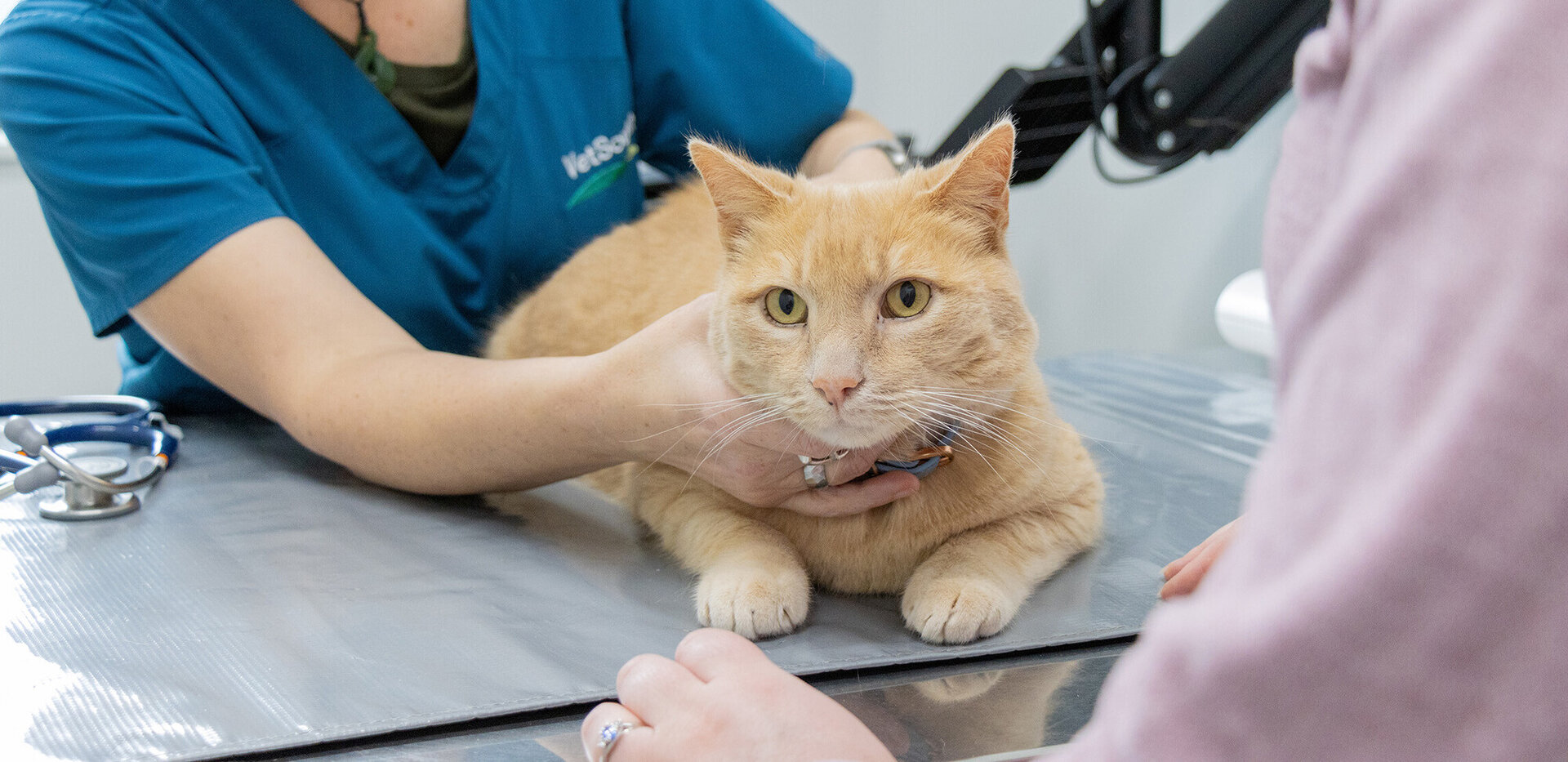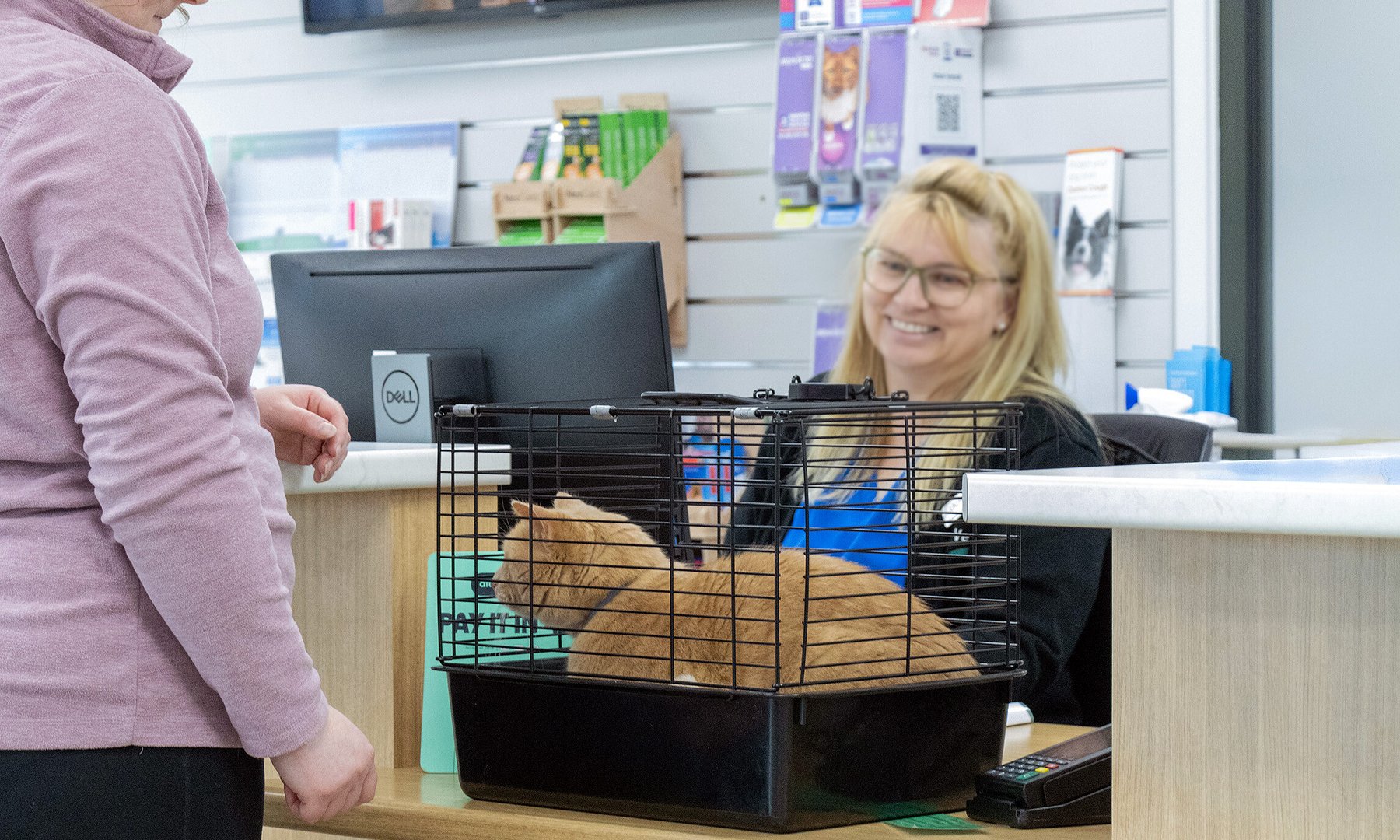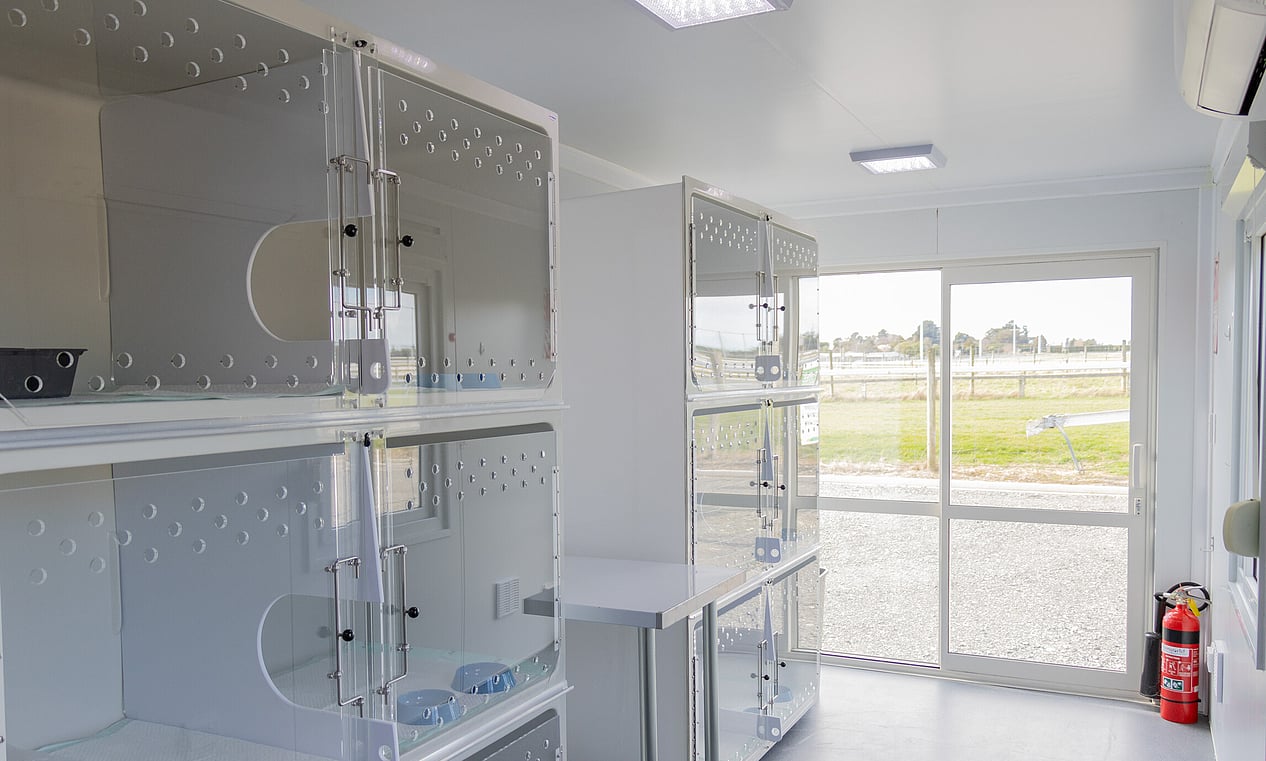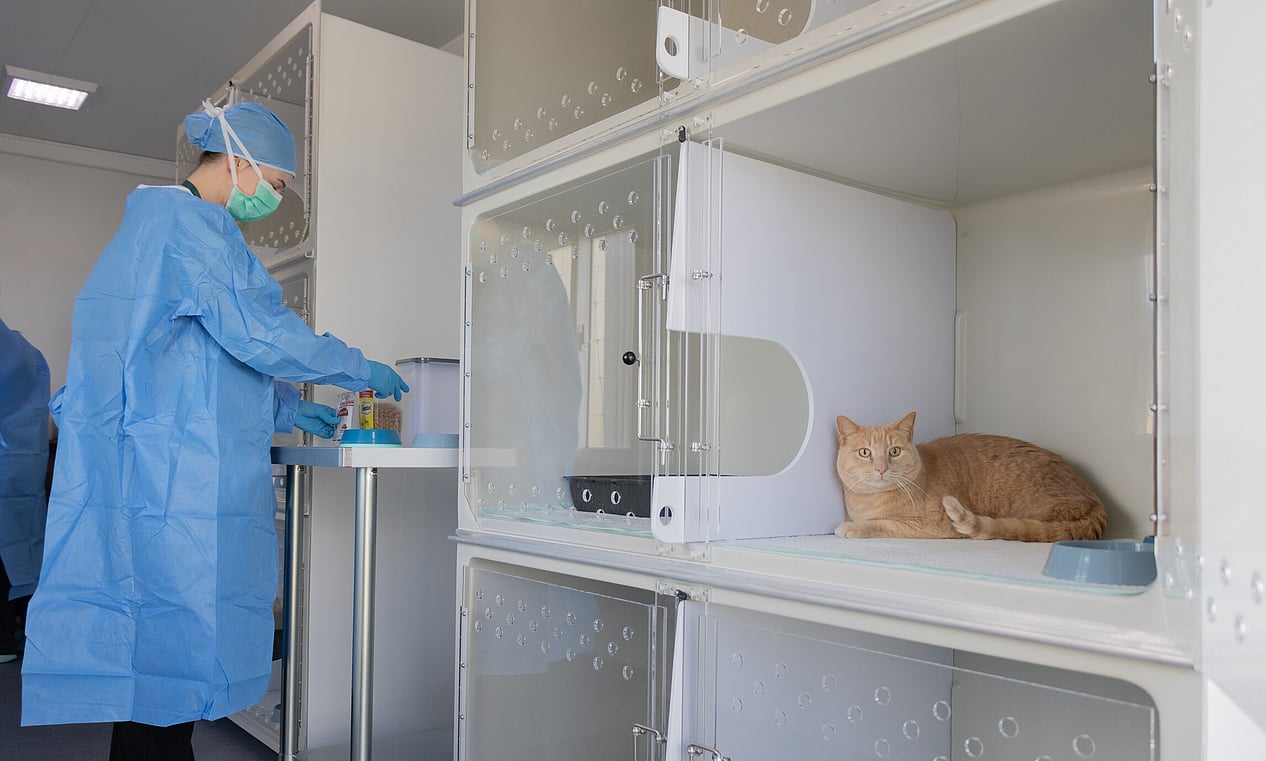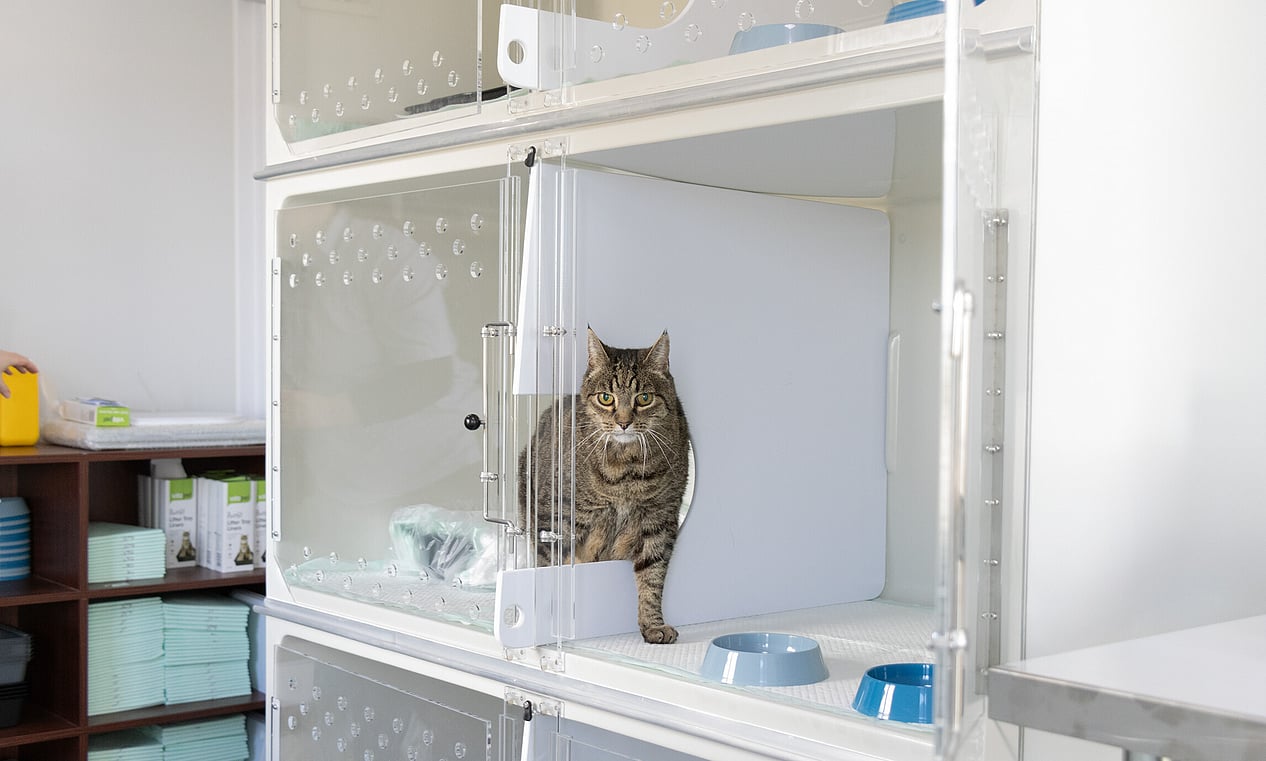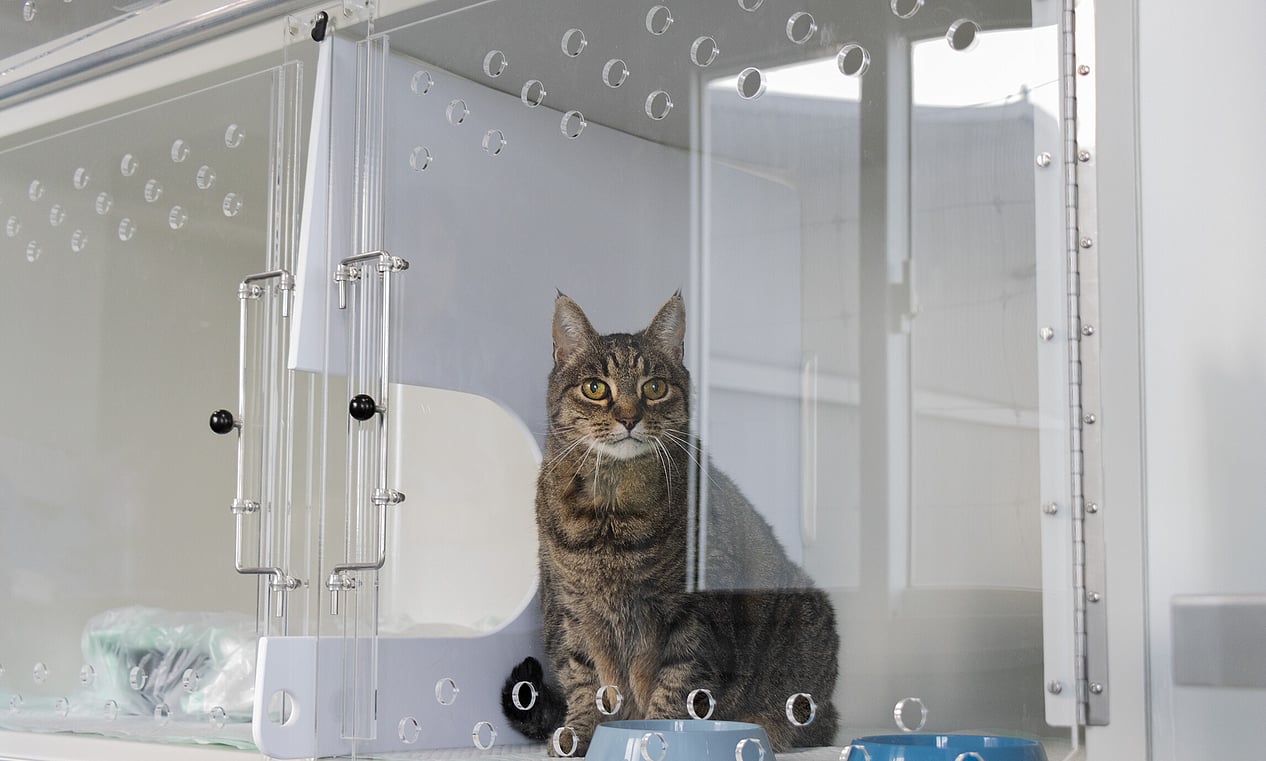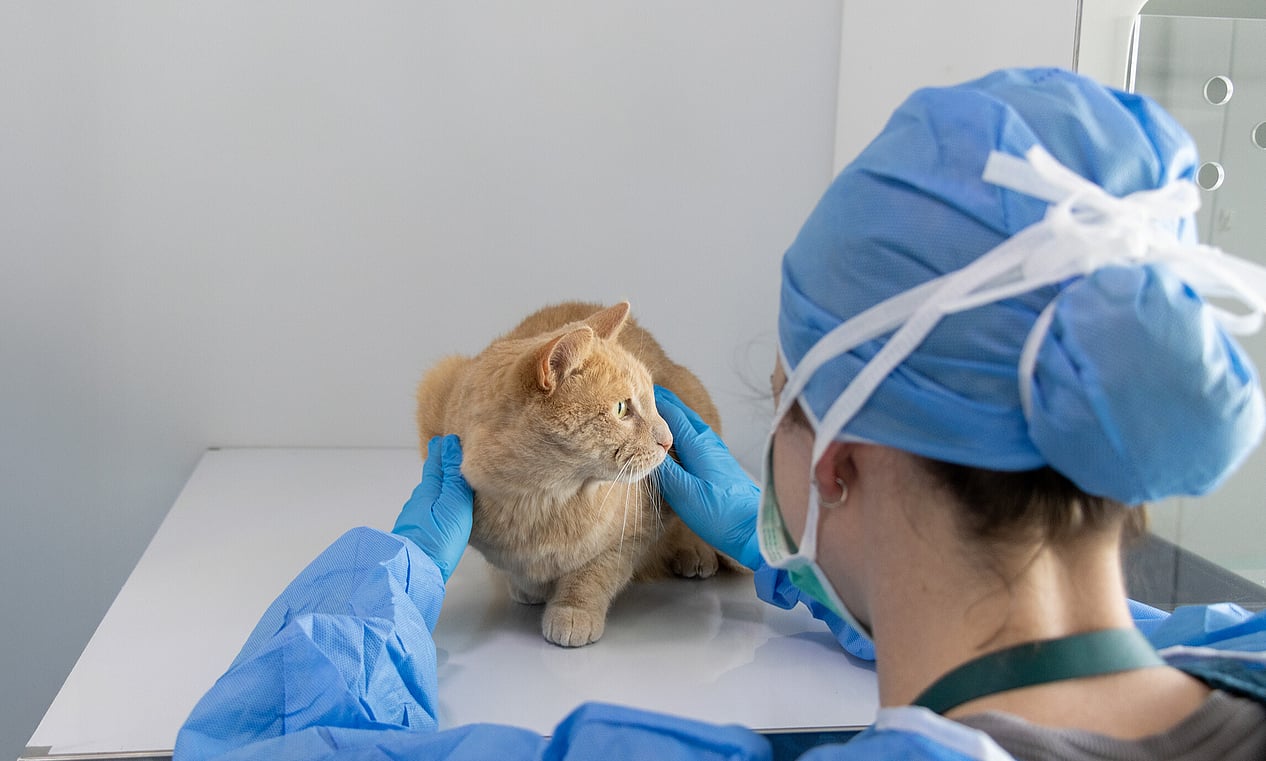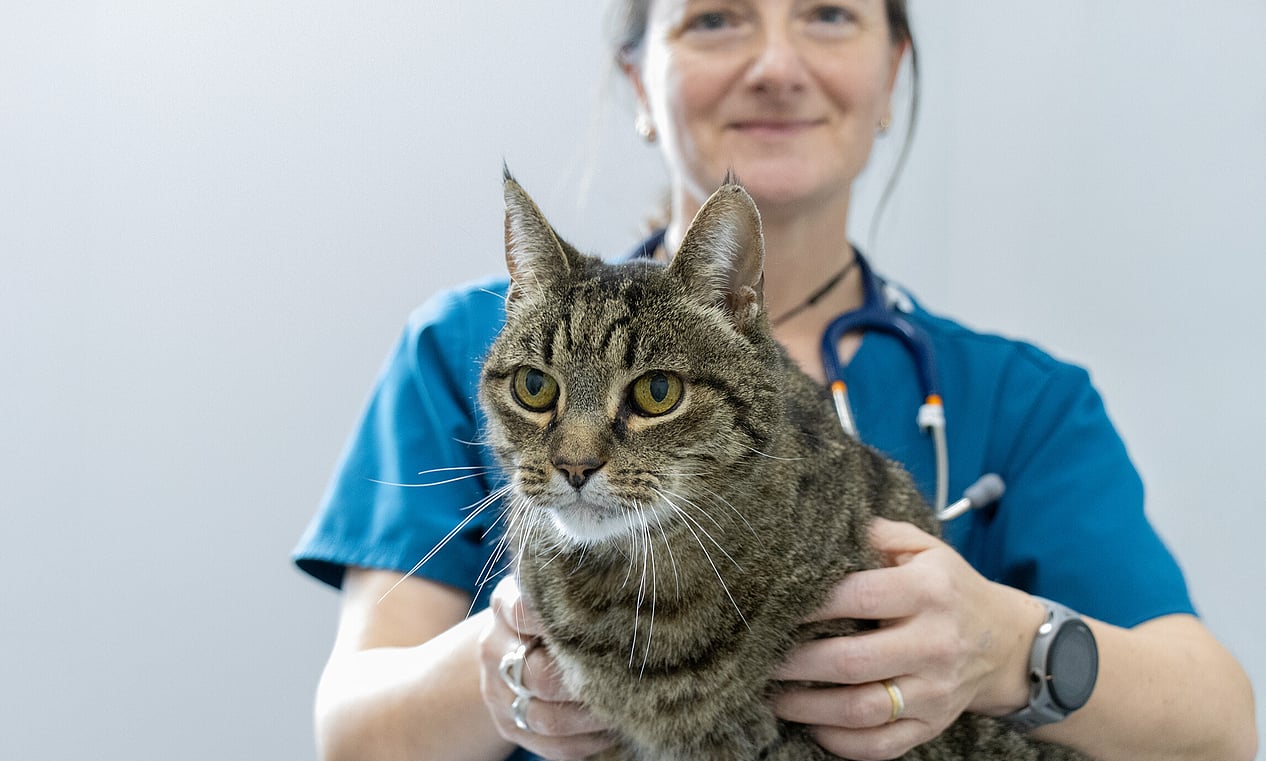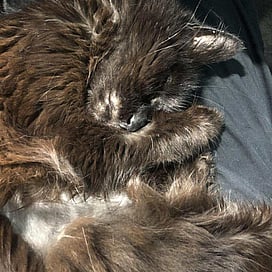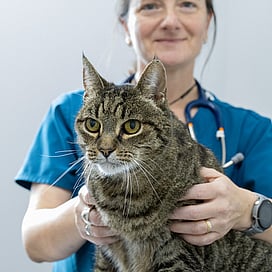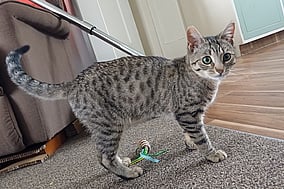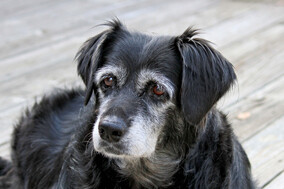OUR APPROACH
Southland’s own Feline Radioactive Iodine Treatment Centre
Hyperthyroidism in cats can now be treated right here in Southland, with the launch of our brand new, purpose-built centre at VetSouth Invercargill.
The only facility of its kind south of Christchurch, it's run by our skilled team of veterinary professionals who have specialist training in radiation medicine and extensive experience in companion animal diagnostics and treatment.
You can feel confident your cat is in safe hands. With a genuine passion for feline care, our team is committed to making the entire process as smooth and stress-free as possible – from the first consult through to recovery and follow-up.
What is hyperthyroidism?
Hyperthyroidism is a common condition in older cats, caused by an enlargement of the thyroid gland in the neck, which secretes excess thyroid hormone. If left untreated, it can lead to serious health issues, including heart and kidney complications.
Cats with hyperthyroidism may also:
Lose weight despite a healthy appetite
Become irritable or hyperactive
Have a poor coat condition
Drink and urinate more frequently
Fortunately, hyperthyroidism can be diagnosed with a simple in-house blood test.
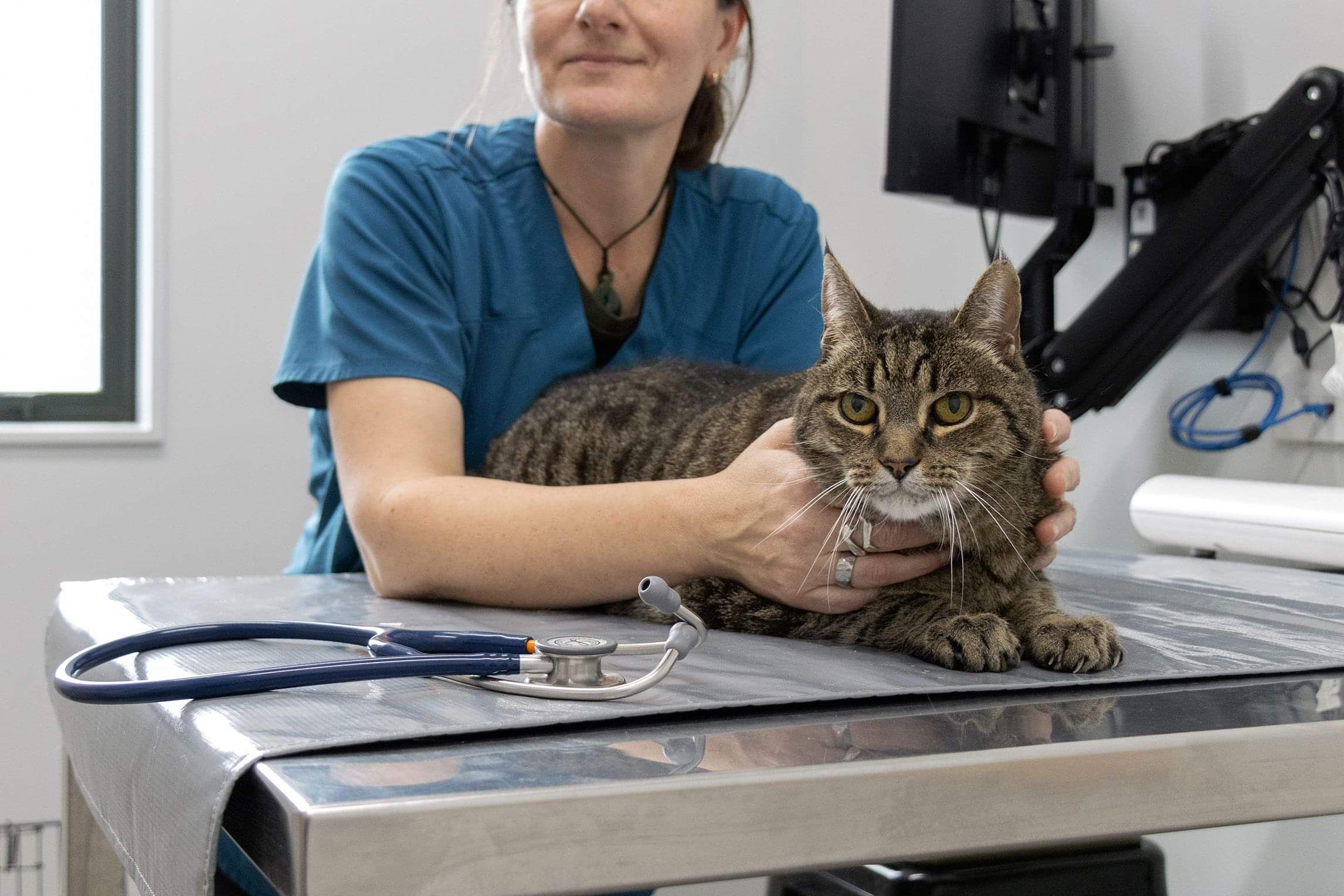
A breakthrough treatment for feline hyperthyroidism
Radioactive iodine treatment (i131) is a non-invasive, highly-effective solution for treating hyperthyroidism in cats. With just one injection, the treatment targets and destroys abnormal thyroid tissue - while leaving healthy tissue untouched. A single injection is successful in 95% of treated cats.
Other treatment options are possible for hyperthyroidism, including medications and diet. However, these must be administered frequently and consistently, and cats being cats, often may be reluctant to eat the diet and can be resistant to being medicated.
Radioactive Iodine offers a more permanent and stress-free alternative, where cats can experience a better quality of life post-treatment, freeing them from the need for lifelong medication and its associated side effects.
What to expect
Following treatment, your cat will stay in our purpose-built feline ward for eleven days. During this time, they’ll be cared for by our specialist radiation medicine team, who are there to ensure they are calm, comfortable and cared for throughout their stay.
Cats are admitted on a Monday, treated on Tuesday, and once they’re given a final check-over and the all-clear, are ready to go home the following Friday.
REFERRAL
Get a referral for treatment from your vet
Cats can be referred for treatment by any companion animal vet in our VetSouth team or by their regular vet from another veterinary clinic. Before treatment, hyperthyroid patients must be medically stabilised. To determine eligibility, your cat’s veterinarian will need to perform a few simple tests, including blood and urine analysis. You or your veterinarian can contact our team to ensure a smooth referral process.
Paul the cat: an i131 case study
Paul, a female long haired black cat, had been suffering terribly due to feline hyperthyroidism.
Knowing they had to act, Paul's owners sought alternative treatment options in the form of i131 radioactive iodine treatment.
i131: the gold standard treatment for feline hyperthyroidism
Vet Kate shares insights into feline hyperthyroidism and the launch of the Radioactive Iodine Treatment centre at VetSouth Invercargill.
Purpose-built for treating hyperthyroid cats, and now taking vet referrals.
What are the next steps?
I am a vet, who wants to refer a client
I am a cat owner, who wants to make an enquiry
THE BENEFITS
Why VetSouth is a great choice

We're locals
We’ve been in the lower South Island for decades. It’s where we’re from and where we raise our families.

Wide network
We’re plugged into the Veterinary world and our team can call on expertise from all over the world, then deliver it locally.

Handy clinics
We’re close to you for consults, supplements, supplies...whatever you need. Pop on in or organise a delivery.
